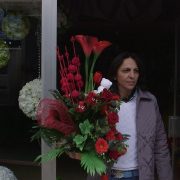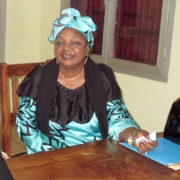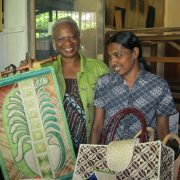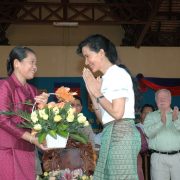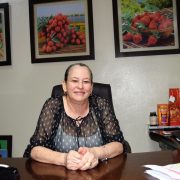The Time is Now to Dismantle Systems that Hold Women Back
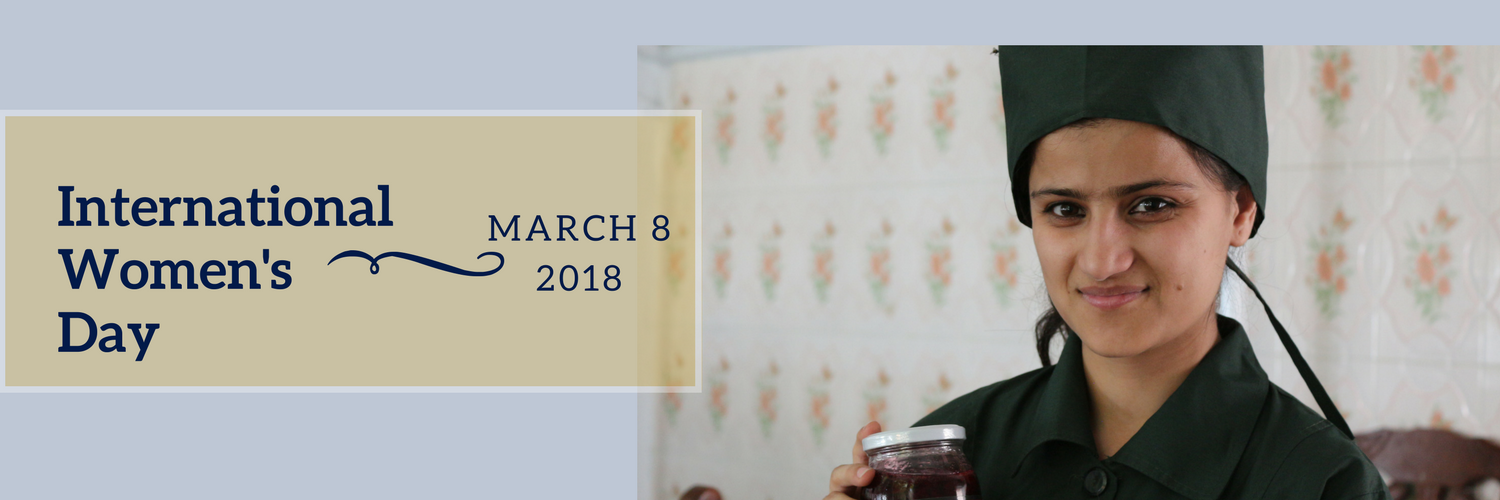
The theme for International Women’s Day 2018 is “Time is Now: Rural and urban activists transforming women’s lives”
By Tom Miller, President and CEO
This Thursday, March 8, we celebrate International Women’s Day. This year, it comes in the midst of what feels like a cultural tipping point. After a series of high-profile cases, the #MeToo movement has drawn attention to the heartbreaking prevalence of sexual harassment and assault against women, and #TimesUp has gained momentum with a call to end systemic inequality in the workplace. A record number of women are running for office in 2018. And just in the several weeks since the horrific Parkland shooting, passionate and brave young women are putting themselves front and center of #NeverAgain, the movement demanding action on guns.
Women are clearly having a moment. I am hopeful that this moment won’t be just a moment, but will be the start of a new wave of change.
I have three grandchildren: a girl, age 4, and two boys, age 2 and 6 months. When I spend time with them, I am uncomfortably reminded of just how much work there is to be done, not simply changing or stopping bad behavior, but reforming entire systems (The absurdity of women being accorded a single day to be celebrated underscores this point).
Already as babies and toddlers, my grandchildren are drawn to toys long considered “appropriate” for their gender—my older grandson plays with trucks and blocks, and my granddaughter seeks out dolls and pink princesses. When I ask my adult children about this, they insist that they not steering their own kids toward these choices. Between television and other media and their peer groups, children are already advanced students in the school of gender expectations by the time they start preschool.
These early expectations compound over childhood and into early adulthood, setting women up for an unfriendly game of snakes and ladders, where they navigate a maze of difficult choices and a set of options do not fully allow them to reach their potential.
As the head of IESC, I have an obligation to provide women at our organization equal opportunity and equal space to develop professionally, to promote women to leadership roles at IESC, and to contribute to a culture and structure that supports women.
I look at what is happening in the United States, and then I think about the places around the world where IESC works. Our mission is to deliver private sector solutions to reduce poverty and promote equitable and sustainable economic development. Our vision is a world where everyone has the opportunity to pursue gainful employment and has equal access to the resources necessary to be economically empowered and to prosper. The systems that prevent women’s full economic participation in these places are many magnitudes more challenging what we are facing in the United States and include legal, political, religious, and cultural dimensions. And yet the benefits of realizing our vision are substantial and tangible. If women play an identical role to men in the labor market, it is estimated that as much as $28 trillion (26 percent) could be added to global annual GDP by 2025.
I’ll be the first to admit that I don’t have the solutions to systemic problems of gender inequity, but that doesn’t mean they are aren’t worth taking on.
And we at IESC do work to do that. I am proud of all that our organization has accomplished in the past few years to consciously ensure a culture of equity and inclusion and to redouble our commitment to development interventions that are not just available to women, but specifically tailored to them and their needs. It is overwhelmingly the younger women at IESC who are leading the charge on these fronts, with enthusiastic support from our male colleagues, including me.
And so I recognize, in the midst of this cultural moment, that it isn’t my generation that will come up with the solutions.But everywhere around us are signs that change will come, perhaps slowly, perhaps painfully, here at home and around the globe. My grandchildren will be part of that.
And that is something to celebrate.

